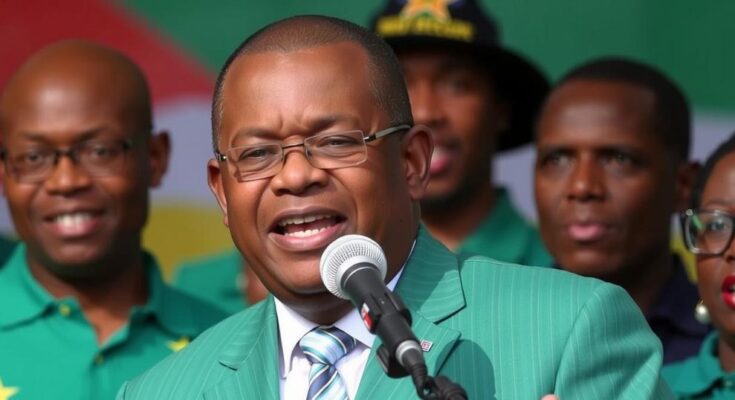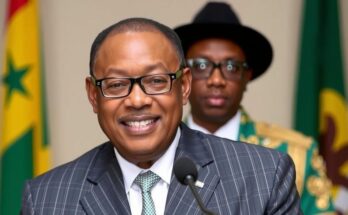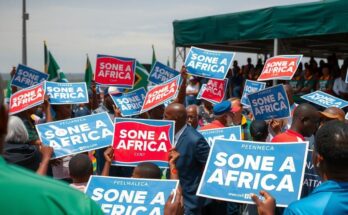Mozambique’s top court has confirmed Frelimo’s victory in disputed October elections, likely fueling further protests. Opposition leader Venancio Mondlane claims the vote was rigged in favor of Frelimo, alleging he received enough votes to win.
Mozambique’s Constitutional Council has upheld the ruling party Frelimo’s victory in the contentious October elections, a decision that is expected to exacerbate tensions in the country. This judicial ruling comes in the wake of widespread protests by opposition factions, who allege that the electoral process was manipulated to favor the incumbent party. Frelimo, which has been in power since Mozambique gained independence from Portugal in 1975, faces significant discontent from opposition leaders and supporters. Venancio Mondlane, the opposition leader, asserts that the elections were marred by fraud, claiming that his own tally indicates he secured enough votes to claim leadership.
The political climate in Mozambique remains fraught with challenges stemming from the overarching dominance of Frelimo in governance since the nation’s liberation from colonial rule. The October elections, characterized by allegations of electoral misconduct, prompted intense scrutiny of the electoral process and the integrity of democratic principles in the country. The Constitutional Council’s position as the ultimate arbiter of electoral disputes places it at the center of political discord and civil unrest, particularly in a nation where opposition voices are frequently marginalized. The impact of these rulings not only influences political legitimacy but also the socio-political landscape in Mozambique.
In summary, the Constitutional Council’s affirmation of Frelimo’s election victory is likely to provoke additional demonstrations and dissent throughout Mozambique. As opposition figures continue to contest the legitimacy of the electoral process, the need for transparent governance and respect for democratic ideals remains critical. The developments in Mozambique highlight the broader struggles faced in many regions where political stability is challenged by governance issues and public dissatisfaction.
Original Source: www.aljazeera.com




